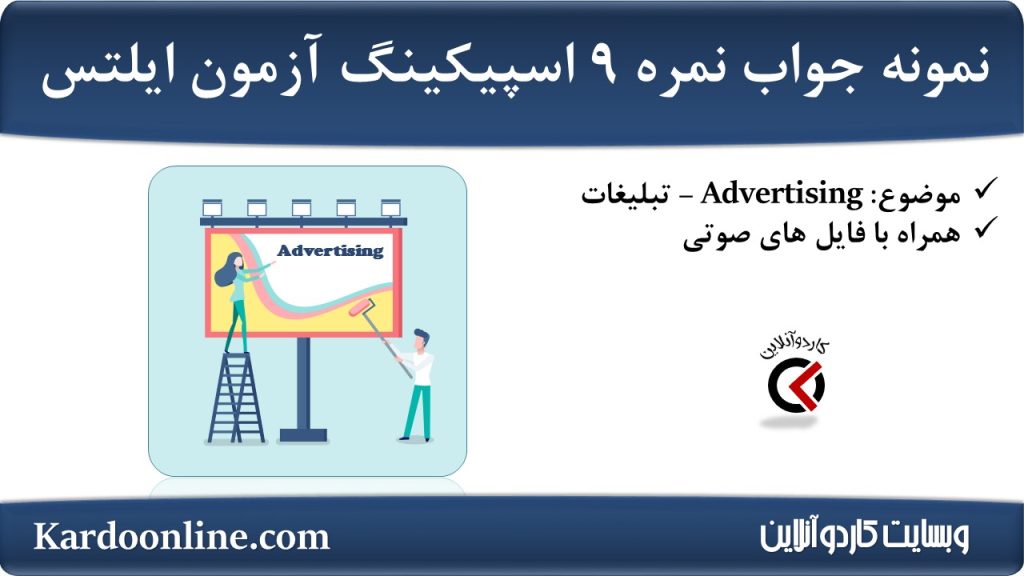- محصولات آموزشی
- کلاس ها
- آموزش های رایگان
- بانک مکالمات زبان انگلیسی سطح بندی شده
- بانک جملات پرکاربرد زبان انگلیسی در مکالمات روزمره
- بانک نمونه جواب های نمره ۹ اسپیکینگ آزمون ایلتس
- بانک جملات پرکاربرد زبان انگلیسی در پنجاه دسته بندی
- بانک اصطلاحات (Idiom) زبان انگلیسی
- بانک زمان ها (Tenses) در زبان انگلیسی
- بانک گرامر و دستور زبان انگلیسی
- بانک مکالمات علمی زبان انگلیسی
- بانک اطلاعات آزمون دولینگو (Duolingo)
- مقالات
- راهنمای خرید
- درباره ما
- تماس با ما



